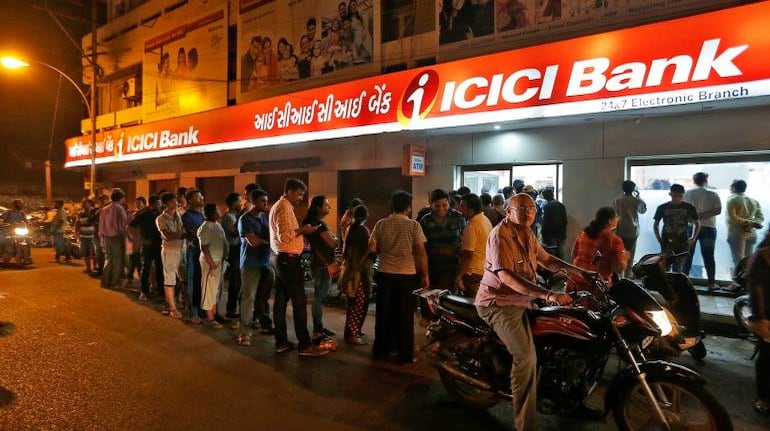



Prime Minister Narendra Modi’s last Independence Speech in his current tenure was marked by policy announcements, a recounting of the government’s achievements and an emotional pitch promising what India could achieve should his party come to power again next year.
The PM made a reference to steps that the government had taken to curb corruption and black money, a key plank on which Modi had ridden to power in 2014, but crucially missing was demonetisation: a gambit that BJP supporters have in the past dubbed a bold policy move and a political masterstroke.
On November 8, 2016, PM Modi announced that Rs 500 and Rs 1,000 currency notes would no longer be recognised as legal tender, a decision aimed at flushing out unaccounted-for wealth.
But the suddenness of the decision and the secrecy with which preparations had to be undertaken meant the government and the Reserve Bank of India were seen as being unprepared to address the cash crunch that followed the move in which nearly Rs 15 lakh crore, or 86 percent of the economy’s cash, was rendered unusable.
Surveys held soon after demonetisation indicated public support for the move remained high. That it was generally believed that the inconvenience of standing in long ATM queues, and the overall economic hardships associated with the cash ban, was worth the benefits that would accrue in the fight against black money.
The BJP also swept to power in Uttar Pradesh – India’s most populous state – in assembly polls that were held four months after demonetisation, and the note ban was seen as working in the party’s favour.
But even as cash levels started returning to normal and India appeared to have ridden out the economic impact of demonetisation – GDP fell by about 2 percentage points – it appeared that public support for the move started waning.
Demonetisation, along with the rollout of GST, had started being seen as decisions that hurt small traders, traditionally a core voter base of the BJP.
In Modi’s home state of Gujarat, where the party scored an underwhelming victory, both reforms were seen as a negative, with one opinion poll saying more than half of respondents were dissatisfied with them.
During the last one year, public support for demonetisation appears to have fallen, with 65 percent of those surveyed in a poll supporting the move, as opposed to 80 percent a year earlier.
BJP spokesperson Sambit Patra told CNN-News18 that the PM may not have referred to demonetisation by name, but he made several references to black money, whose structure he claimed had "been uprooted by demonetisation".
While Modi’s speech did not directly touch upon demonetisation, it made a reference to GST – the other move that is also seen by some small traders with a sense of dissatisfaction.
Even there, Modi thanked them, alluding to the hardships that they may have faced in adopting the single-tax system.
Discover the latest Business News, Sensex, and Nifty updates. Obtain Personal Finance insights, tax queries, and expert opinions on Moneycontrol or download the Moneycontrol App to stay updated!
Find the best of Al News in one place, specially curated for you every weekend.
Stay on top of the latest tech trends and biggest startup news.